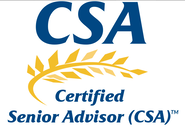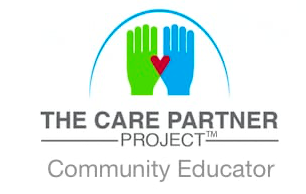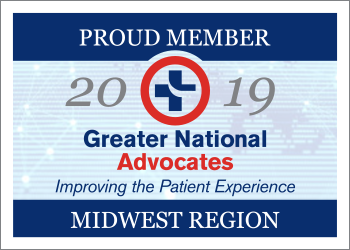1. Communication, Communication, Communication. As with just about everything in life, most issues that cause problems in the adult-children-aging-parents relationship can be alleviated by early, direct, and empathetic communication. Have the difficult conversations with your parents before there’s a crisis; these include discussions about aging in place versus moving to a senior housing facility as well as end-of-life planning. You can think of it as payback for when your parents had to explain the-birds-and-the-bees to you… but don’t forget that your aging parents are adults and need to be treated that way. Also, try to put yourself in their shoes and understand why they may be resistant to what you consider to be helpful advice.
2. Fill out Advance Directives (health care power of attorney (HCPOA), living will, financial power of attorney). I recently was on a conference call with the adult children of a woman who was critically ill in a hospital in another part of the country. None of them knew if she had designated a HCPOA or had completed a living will. According to The Conversation Project, “82% of people say it’s important to put their wishes in writing but only 23% have actually done so.” It really is a gift to yourself as well as to those you love to make your wishes known and designate someone to carry them out for you. My website has some links to end-of-life planning information. You can fill out these forms yourself or a professional can help you. Be sure to designate a financial power of attorney as well. 3. Share information. Building off of the communication advice, it’s also a good idea to share important information with whoever is your designated HCPOA as well as with others who are close to you. It’s hard to be truly helpful if you don’t have the information you need. If you are or may be caring for aging parents, try to have the following information about them:
4. Practice self-care. If you are taking on a lot of caregiving duties, be sure to take care of yourself. As the flight attendants explain at the beginning of every flight, “put on your own oxygen mask before helping others.” Take time for yourself so that you can have the patience and energy to be there for your family members who need you. 5. Consider professional help. Clearly, it’s difficult caring for aging parents who don’t live nearby. But even if you live in the same city, juggling work, raising children, and caring for aging parents all at the same time is a challenge. A private patient advocate can help in these situations. A trusted patient advocate can accompany people to doctor appointments - including preparing for and following up after the appointments; help smooth transitions between hospital, rehab facility, and home; find resources to help keep older adults in their home; research treatment options; and be a calm voice of experience in an otherwise stressful situation. Bottom line: planning ahead, talking to each other, and taking care of yourself can make caring for aging parents less stressful and more rewarding for everyone involved. Resources:
|
AuthorWrite something about yourself. No need to be fancy, just an overview. Archives
February 2024
Categories |
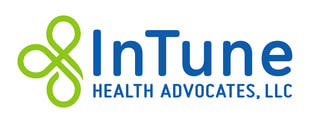
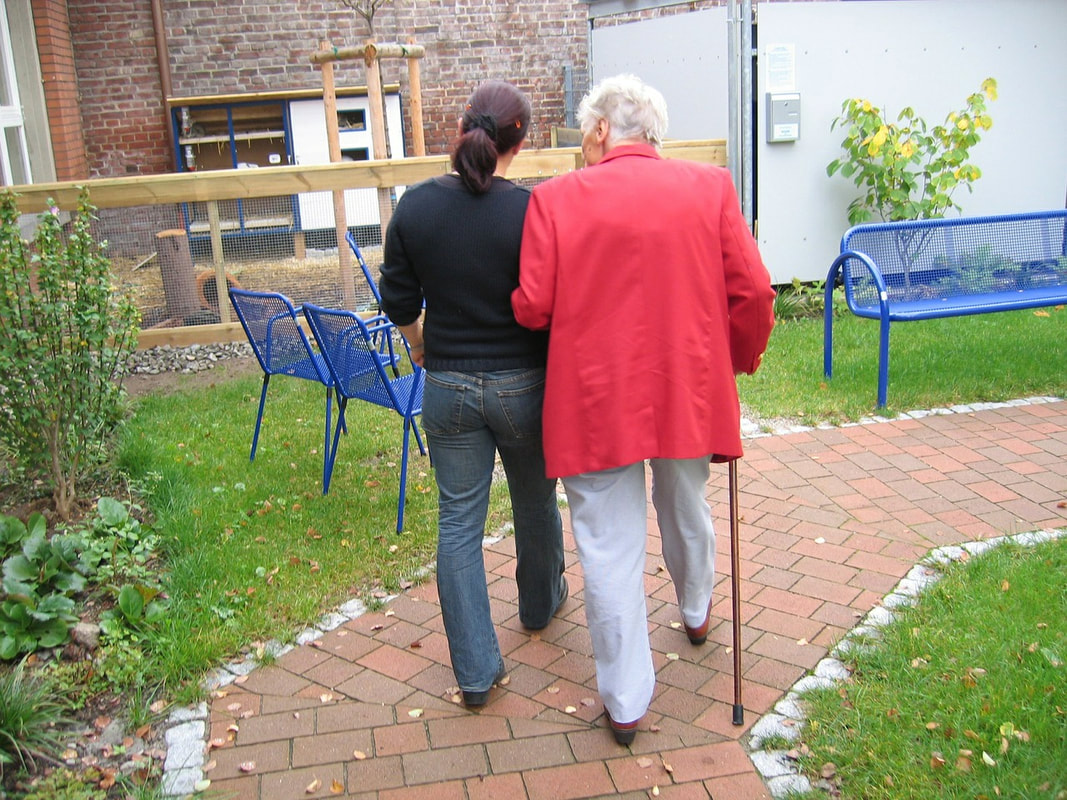
 RSS Feed
RSS Feed

